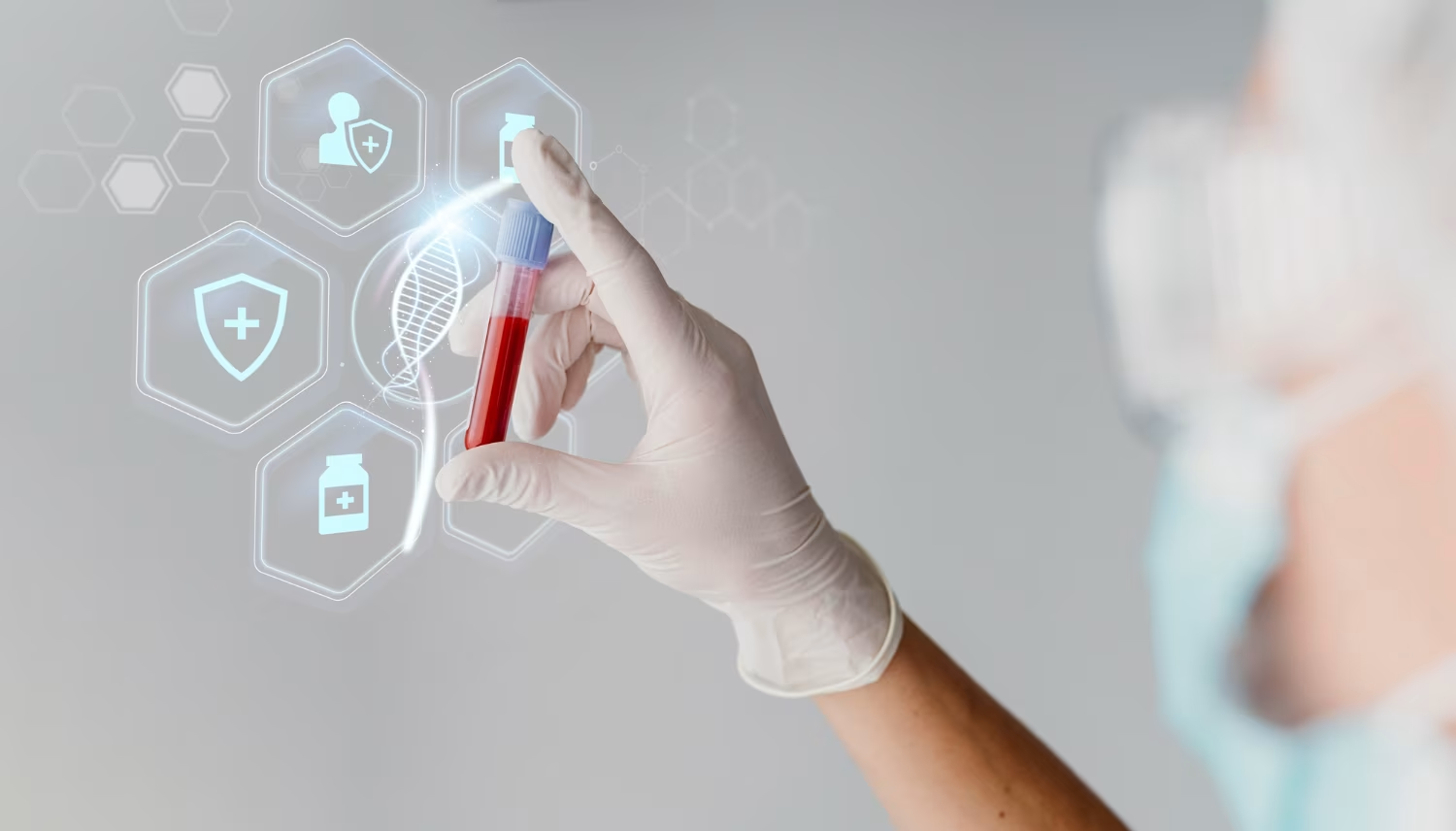
As Immunisation Awareness Month arrives, it's a prime opportunity to emphasise the critical role that vaccines play in maintaining public health. Immunisation is one of the most effective ways to prevent disease, protect communities, and save lives.
Immunisation is the process by which an individual is made resistant to an infectious disease, typically by the administration of a vaccine. Vaccines stimulate the body's immune system to recognize and fight pathogens, such as viruses or bacteria, without causing the disease itself.
Vaccines contain weakened or inactivated parts of a particular organism (antigen) that triggers an immune response within the body. Newer vaccines contain the blueprint for producing antigens rather than the antigen itself. Regardless of whether the vaccine is made up of the antigen or the blueprint, this weakened version will not cause the disease in the person receiving the vaccine, but it will prompt their immune system to respond as it would have on its first reaction to the actual pathogen.
Despite the proven benefits, vaccine hesitancy remains a challenge. Misinformation and myths about vaccines can lead to decreased vaccination rates, posing risks to public health. It's important to address concerns with credible information, highlighting the safety, efficacy, and importance of vaccines in preventing disease.
Vaccines Available at Private Medical Clinic
Immunisation is a cornerstone of public health, offering protection against many infectious diseases. By staying informed and up-to-date with vaccinations, individuals contribute to the health and safety of their communities. As we observe Immunisation Awareness Month, let's celebrate the success of vaccines in saving lives and continue to advocate for widespread immunisation to protect future generations.
Click here to book your vaccinations with us at the Private Medical Clinic.





